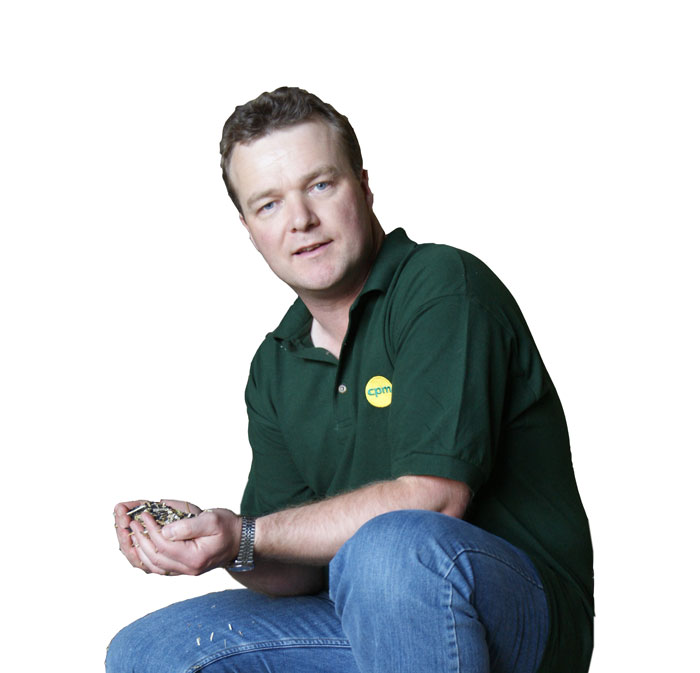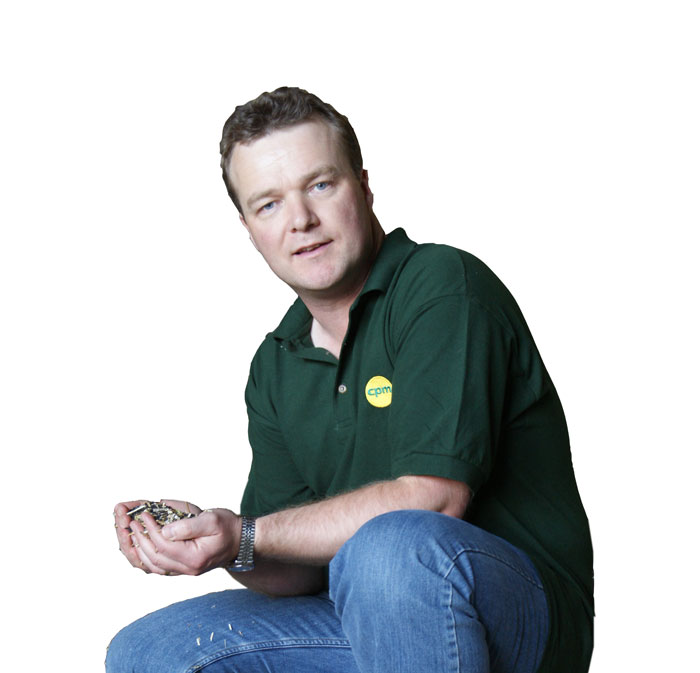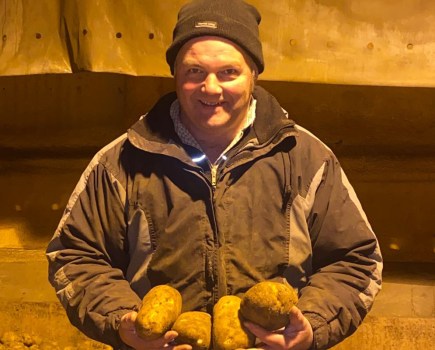 As someone whose first job off the farm was as a verifier for Assured Combinable Crops, I’ve always wondered when the scheme would really come into its own.
As someone whose first job off the farm was as a verifier for Assured Combinable Crops, I’ve always wondered when the scheme would really come into its own.
Having studied farm assurance for a post-grad thesis, I was keen to put my new-found knowledge into practice. This was over 20 years ago, and followed the BSE crisis – the industry was reeling from the discovery that a widespread practice that couldn’t at the time be traced was not only responsible for an appalling and degenerative brain disease in cattle, it could also be transferred to humans. ACCS came about to ensure the same thing never happened in cereals.
It turned out the UK actually had remarkably good food safety standards in place and a very robust system to monitor critical control points – it was simply a case of extending this onto the farm. In my new role, I was privileged to visit many farms – among the first to join the scheme – and get an insight into their business.
What struck me were the very high standards followed and natural high degree of professionalism. Nine times out of ten, the only change needed, bar the odd covered light or bird-exclusion for the grain shed, was better record-keeping. This was usually greeted by a sense of puzzlement but resigned acceptance – the mindset to get over was “you may know you’re doing it right, and I can see that, but no one else can be sure”.
To this day, we curse the amount of records we have to keep for Red Tractor and other schemes – the constant inspections, the processes that add nothing to the bottom line beyond giving us a licence to produce trusted food. But (touch wood) cereals has never had its BSE. The fact the British consumer is barely even aware of the existence of Red Tractor, let alone the standards it upholds, is testament to its brilliance. If it didn’t work, we’d probably have regular seismic shock waves through our food industry, of the same scale as COVID-19.
This silent unsung success, this quiet revolution in societal standards, has been our gift to the world. Our standards of farm assurance are valued in export markets, and others strive to emulate them. They provide a measure against which the integrity of food imports can be gauged. Exactly how much we do this lies at the very heart of the current debate over food standards.
What the debate has highlighted is that there’s a gap between the WTO definition of food that’s acceptable to trade and what our own standards say we can accept in the supermarket trolley, pub or restaurant (if you can recall what they are). The only protection WTO affords is what can be detected on the product. So there’s only good reason to kick it out if MRL testing of an imported product flags up an exceedance of a pesticide we’ve banned on human safety grounds here. But the UK Food Safety Act goes further and says the burden of proof lies with the provider of that product to show that it’s safe.
Importantly that burden of proof covers both domestic produce and imports. Farm assurance schemes are how retailers and the hospitality sector ensure they comply and equivalent schemes now operate worldwide. This is how Government can be brazenly confident in its assurances that FTAs won’t compromise food standards – it would contravene the UK Food Safety Act if they did.
The grey area comes when Government starts talking about upholding our high environmental protection and animal welfare standards. Over the years we’ve done a superb job at not only legislating to keep pace with societal expectation on these scores, but building the same rock-solid proof of compliance into our assurance and environmental schemes through good record keeping.
The Government can again be brazenly confident that FTAs won’t compromise those standards. But that’s purely because they are domestic and have nothing whatsoever to do with trade. They don’t cover imports. We would actually be contravening current WTO terms if we started to refuse imports that don’t meet those standards.
This is why the agreement by DIT secretary Liz Truss for a Trade and Agriculture Commission – a move first proposed by NFU 18 months ago – is such an important step. It cannot be right to off-shore the production of commodities that don’t meet the standards we set ourselves. Let’s take the example of neonics, banned because they’re believed to harm bees. If that’s true, then all we’ve done is remove the threat to our own bees, but we’re perfectly happy for bees in the Ukraine to perish, as long as we get our cheap oil. The Commission must address these imbalances.
And it looks like it will. It not only sets out to ensure UK farm standards are not undermined, it aims to build a collation through WTO to help advance this globally.
It is exactly the sort of evidence-based systems we have built ourselves in the UK that others are struggling to achieve as they aim to underpin aspirations of agricultural systems with higher levels of sustainability and a lower carbon footprint. Ironically, it could even be the US that has the most to learn in this area, if you study closely the aims of its Agricultural Innovation Agenda.
Has to be said, our systems aren’t perfect, and I’m not really sure exactly how they manifest themselves into on-farm benefits. But they’re British, they have value internationally, they’re crafted by farmers and they could be tradable.
Tom Allen-Stevens has a 170ha farm in Oxon, and would like to thank the many other farmers whose farms he visits. @tomallenstevens




